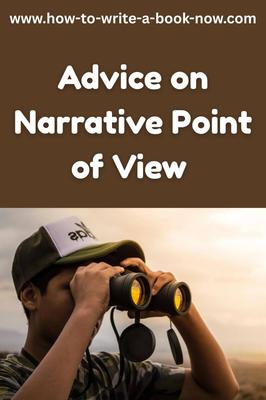Should I Have a Sequel Trilogy and am I Overplanning?
Question: I have big ambitions. I'm not yet done my first book, but I know for a fact it will be only the first of a trilogy, and that that trilogy will almost definitely have a sequel trilogy. I already decided the plots of all three books in the first trilogy, and the overall plot(ish) of the second trilogy, as well as the main character, his dog, and both his and his pet's personalities.
And yet, what if that's a terrible idea? I have a feeling it might be. Maybe the sequel trilogy I plan to write should just be a completely different series. Sometimes that seems like a wonderful idea, but other times I want the two trilogies to clash.
Should I just finish the first book of the first trilogy at least and then worry about the rest, or should I have clear idea of my series' future already? Furthermore, should the two series clash? The second trilogy WOULD be able to survive without the first one, but all the same, they would be able to survive (probably) if they were part of the same series. I'm lost. I really want the main character of Trilogy 1 to meet the main character (and his dog) of Trilogy 2.
Thank you!
Answer: If you are writing in a genre where trilogies or longer series are common (e.g. Fantasy, Young Adult), then it is not a bad idea to have some ideas in mind for sequels to your first book.
If you are lucky enough to get the first book published, and lucky enough that it sells well, the publisher may offer you a two-book deal to turn it into a trilogy. In that case, you will be glad to have done some advance planning. When you get such an offer, there may be deadlines attached, so you won't have as much time to plan/write the sequels.
Also, by doing some advance planning, you can plant some foreshadowing in the first book. Create some mysteries or unanswered questions that will make the readers clamour for a sequel. You can make sure the main character doesn't change
Getting some ideas sorted now helps you avoid the situation where you get the offer to write sequels but then realize you have no ideas for them. If you don't do some planning, you may find that your main character has resolved his/her inner conflict in the first book so thoroughly there's nowhere for them to go next. This is why many sequels are not as good as the first book in the series.
But here's the counterargument...
You don't always get to publish the books you want to, at least not until you have established a track record of success. What if the first book doesn't sell? What if it sells, but not well enough to justify sequels?
With that as a strong possibility (because the odds are always against you in the beginning), you may be best to limit the amount of time you spend planning sequels until you have sold the first book. Certainly, you don't want to write full manuscripts for sequels that will never be published because the first book was not a hit. Just do some outlines, but don't spend years on them (as some aspiring fantasy writers do).
In fact, you may want to work on a completely different story or series while you are trying to get the first book sold, just in case it doesn't sell.
So yes, your priority is to write a great first book. Perhaps write some outlines for sequels, but don't spend too much time on them. If a publisher is interested in your first book, they may ask if you have some ideas for sequels. At that point, it's a small plus to be able to say "yes." But all your planning won't matter if the first book isn't great.
Best of luck.
Comments for Should I Have a Sequel Trilogy and am I Overplanning?
|
||
|
||
|
||
- Home
- Writing Questions
- Should I Have a Sequel Trilogy and am I Overplanning?














